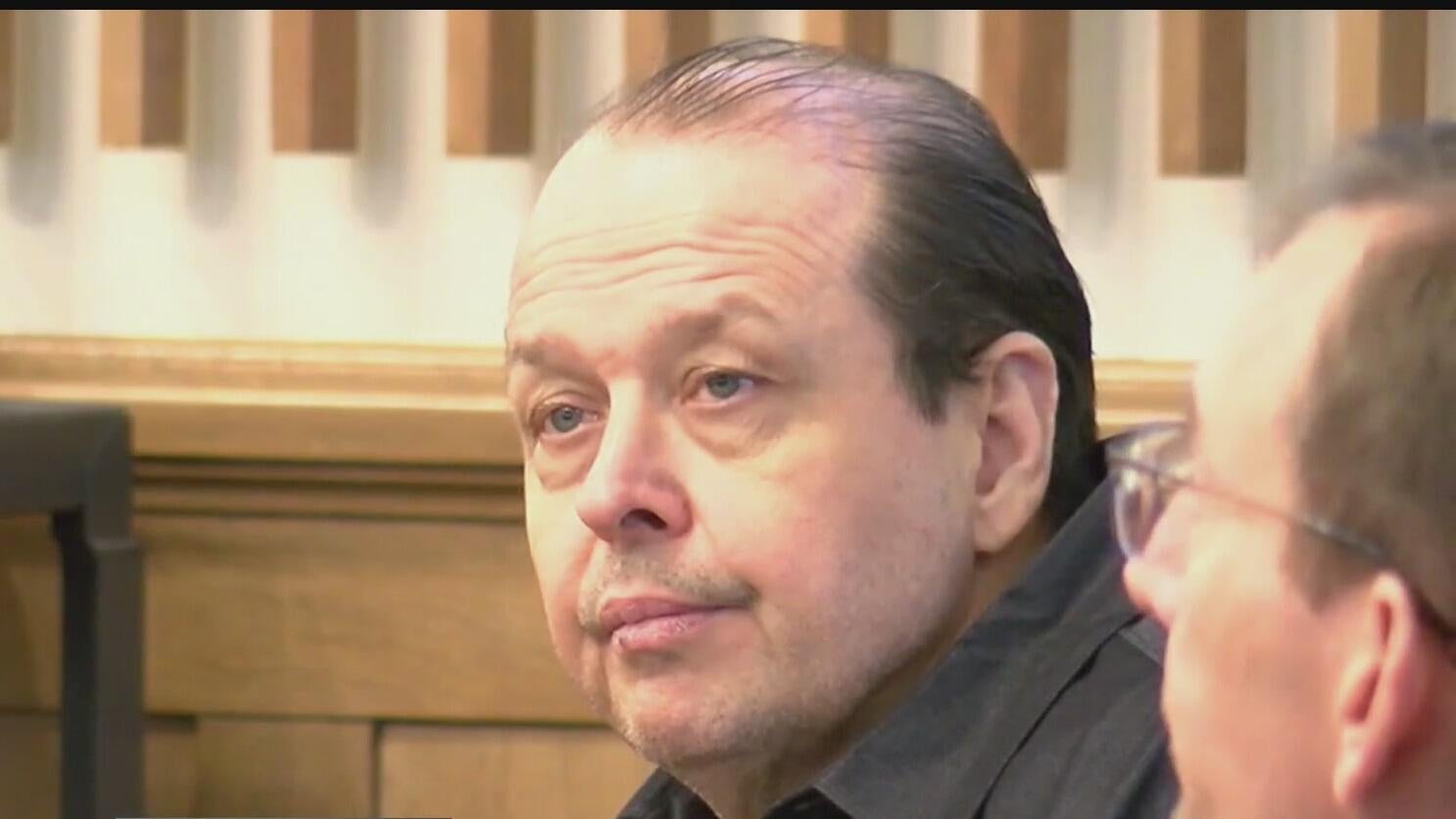Robert Roberson's lawyers challenge Attorney General Ken Paxton's push to set execution date for death row inmate
Attorneys for death row inmate Robert Roberson have filed a formal objection to Texas Attorney General Ken Paxton's request to set an execution date, citing ongoing legal proceedings and compelling new evidence of Roberson's innocence.
On Monday, Paxton asked the Anderson County District Court to schedule a new date for Roberson's execution.
Roberson was convicted of capital murder in connection with the 2002 death of his 2-year-old daughter.
Shaken baby syndrome disputed
Prosecutors alleged that Roberson killed the child by violently shaking her — a diagnosis commonly referred to at the time as shaken baby syndrome.
However, Roberson's attorneys now argue that this diagnosis is outdated and too vague to support a criminal conviction. They cite new evidence suggesting that the child may have died from underlying illness, medical error, or accidental causes, not abuse.
"There is no justification for the Attorney General's relentless effort to kill an innocent human being — and no state law or moral law that authorizes seeking an execution date under these circumstances," said Gretchen Sween, one of Roberson's attorneys.
Paxton defends conviction
Paxton's office has defended the original conviction by releasing the autopsy report and a letter from the medical examiner, which concluded that Roberson's daughter died from blunt force trauma, not illness or accident.
Roberson's attorneys contend he was "wrongfully convicted of causing the tragic 2002 death of his chronically ill toddler daughter, Nikki."
In October 2024, Roberson's execution was halted just hours before it was scheduled, after the Texas Supreme Court granted a last-minute civil appeal.
Broad support for appeal
Roberson's legal team had filed the appeal with support from a bipartisan group of Texas lawmakers, medical experts and even the former lead prosecutor in his case. They raised serious concerns about the scientific basis of his conviction, which relied heavily on the diagnosis of shaken baby syndrome.
Roberson had been subpoenaed to testify before a Texas House committee about the state's "junk science" law, a statute allowing relief for individuals convicted using outdated or invalid scientific evidence. However, he was unable to testify due to security concerns and the legislature's refusal to allow virtual testimony, citing his autism and lack of technological familiarity after decades in prison.
Dr. Phil testified in his place
The subpoena remains active, and the hearing proceeded without him. In his place, others — including television host Dr. Phil — testified, challenging the medical evidence used to convict Roberson and calling for a reexamination of the case.
Roberson's habeas corpus petition — presenting new evidence to support his innocence — is currently under review by the Texas Court of Criminal Appeals.
Attorneys cite new evidence
In a statement on behalf of Roberson, Sween said Paxton's "unjustified rush to seek an execution date while that new evidence of innocence is before the court is outrageous."
"Robert's attorneys have amassed overwhelming innocence evidence — including more unrebutted evidence since last fall — proving that Robert's daughter died because of illness, medical error, and accident, none of which was Robert's fault," she said. "Robert was almost wrongfully executed last year. But for the courageous intervention of Texas lawmakers from both parties the worst possible injustice would have been an irrevocable stain on Texas.
"New information continues to come to light proving Robert's innocence and we are grateful that his habeas application with that new evidence is currently being considered by the Texas Court of Criminal Appeals."
CBS News Texas will provide updates as this story continues to unfold.





